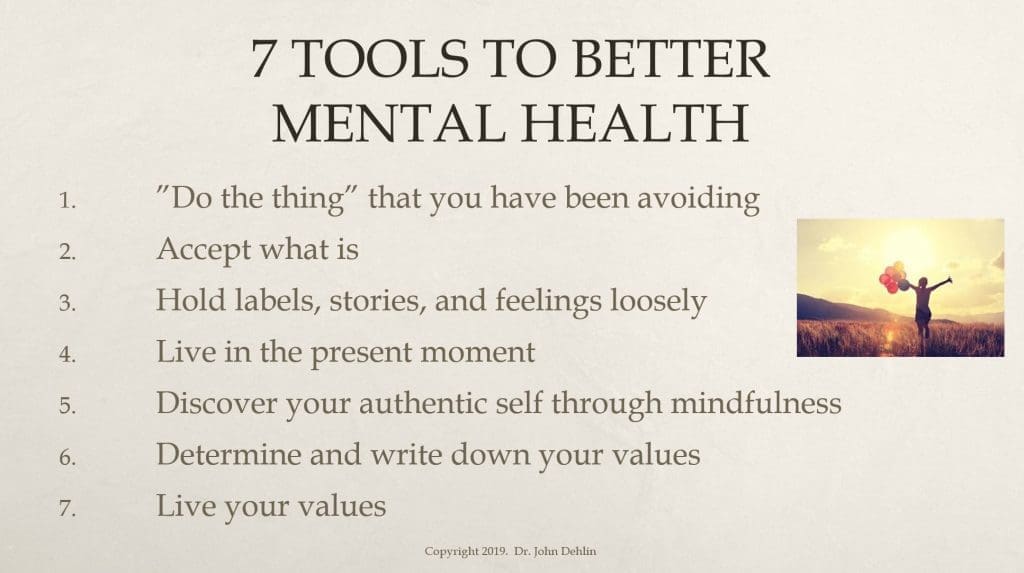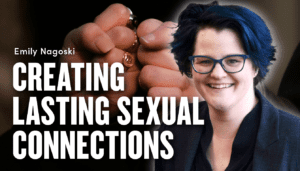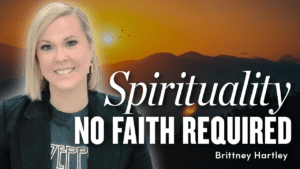 For the past 20 years I have been providing support, counseling, and therapy for Mormons navigating a faith transition, and for the past 10 years I have been partnering with Natasha Helfer Parker and Margi Dehlin in this work.
For the past 20 years I have been providing support, counseling, and therapy for Mormons navigating a faith transition, and for the past 10 years I have been partnering with Natasha Helfer Parker and Margi Dehlin in this work.
This presentation focuses on improving your mental health during and after a Mormon faith crisis/transition. It is based on two primary sources:
- My training as a clinical and counseling psychologist, which was based on a form of Cognitive Behavioral Therapy called “Acceptance and Commitment Therapy.”
- My collaborations with dear friend Noah Rasheta, founder of Secular Buddhism Podcast.
The main parts of this presentation include:
- How avoidance of “what is” creates additional, unnecessary suffering.
- How acceptance of “what is” can help alleviate suffering, and avoid additional unnecessary suffering.
- How attachment to labels, stories, and emotions increases unnecessary suffering, and how it is often more effective to hold emotions, stories, and labels “loosely.”
- The psychological disadvantages of focusing on the past or the future, and the advantages of focusing on the present moment.
- The benefits of mindfulness and mediation.
- The importance of determining one’s set of intrinsic values during and after a religious faith crisis.
- The importance of living LIVING one’s values during and after a religious faith crisis.
This presentation was delivered in August, 2019, in Salt Lake City, Utah – as part of a Mormon Faith Crisis retreat. 40 audience members participated. The full retreat can be found here.
Part 1 – Fundamentals of Mental Health in a Religious Transition / Mormon Faith Crisis Pt. 1
Part 2 – Fundamentals of Mental Health in a Religious Transition / Mormon Faith Crisis Pt. 2
Part 1 – Fundamentals of Mental Health in a Religious Transition Pt. 1
Part 2 – Fundamentals of Mental Health in a Religious Transition Pt. 2



